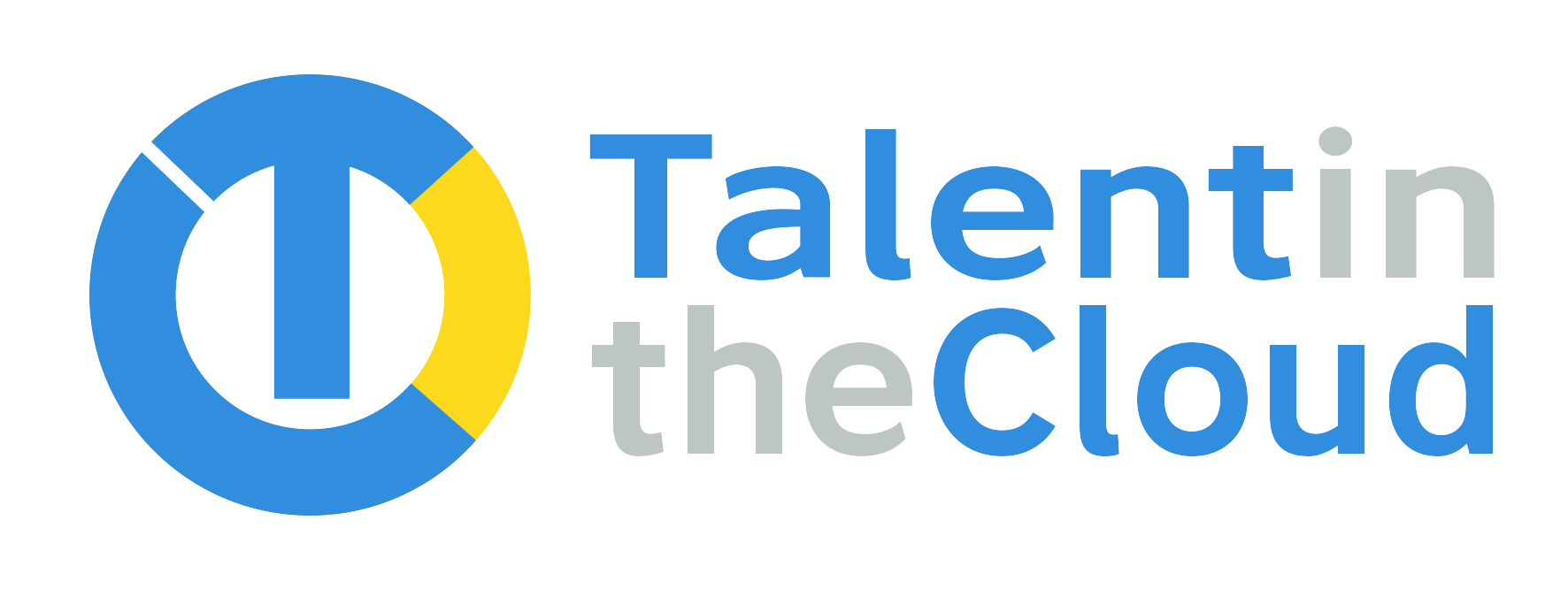When you think about it, is a CV or resume really the best tool for assessing a candidate? Sure, you can get a feeling for where they have worked, what they claim to have done and perhaps an idea on their ability to write, but each one of these things can be misleading and potentially fabricated.
A CV is typically a representation of how a candidate would like to be perceived and may not be representative of the candidate’s actual skillset. In addition, a CV or a resume does not include how a candidate will perform in the environment and position they have applied for.
Too many employers look at a candidates’ previous company and form an opinion on who that candidate has worked for. As an example, just because someone has worked for a top Management Consulting firm does not necessarily mean they are better than someone who has worked for a niche firm, or even someone from outside the consulting sector.
And what about ‘years of experience’ – is that really an accurate measure of someone’s ability to perform a job? How many times have you seen on job adverts “8-10 years’ experience”? So many employers (and recruiters) take this literally and many Applicant Tracking Systems will automatically reject candidates who don’t meet that criteria and ignore everything else.
I’ve spent the past few months looking closely at alternative ways to assess candidates. There are technical, psychometrics & behavioural tests and video Interviews but if we take a step back – no company is likely to run all of these tests on EVERY candidate who applies. It would be too costly and far too time consuming.
However over the past few weeks I have been contacted by two different VC backed companies in San Francisco who asked me to view a demo of their systems.
The end of the CV ?
The first provider I reviewed is gaining huge momentum in the USA – companies such as IBM, Weebly, Tinder and Angel List are now using this platform.
This platform puts your candidates in challenging work situations that mirror the reality of the job and sees how they perform. You can watch them close support tickets, prospect for leads, build spreadsheets, write code, and even talk to AI-powered simulated customers on the phone.
They cover a plethora of job types across numerous industries and allow clients to build their own assessments.
Candidates can be completely anonymized by hiding all background and identifying information during the early application stages, including names and biographic information. Assessment reviewers can only see the candidate’s work and are immune to unconscious bias.
It's a hugely engaging (and fun!) process for both the candidate and for the hiring team – it undoubtedly reduces the time to hire and can eliminate unconscious bias from the process.
The second platform takes a completely different approach. Rather than reviewing CV’s, each and every candidate who applies for a job is set up on this platform. This is also a performance-based recruiting platform that screens and evaluates talent based on actual performance in a simulated business environment but has a unique place in the market.
The system revolves around customized business cases and a dialogue-based collaboration process designed to solve real business challenges. Candidates collaborate in groups and demonstrate their skills anonymously and on equal terms, ensuring objectivity in the recruitment process.
In addition to the assessment process, a number of developed solutions to the business case will be created. Because of this approach, this system can also be used for solution development for distributed teams. Every team member can collaborate on project in his or her own time, and various approach solutions can be discussed by the team before a final solution is developed.







